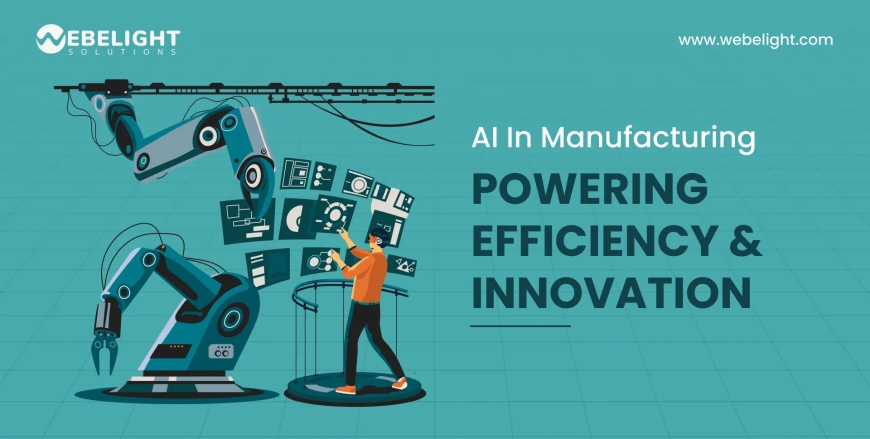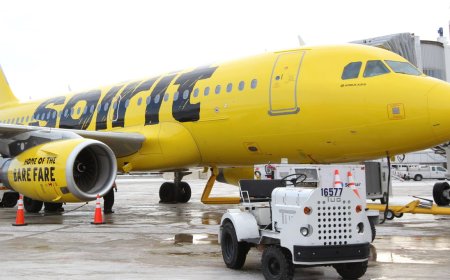Integrating AI in Manufacturing to Unlock Efficiency and Growth
Unlock efficiency, reduce downtime, and scale smarter. Discover how AI is transforming manufacturing operations worldwide.

Have you ever had a machine break down unexpectedly? Or is there a faster, more innovative way to streamline your production line? If you’ve experienced these struggles, you’re not alone. For decades, manufacturers have been battling inefficiencies, unplanned downtime, and rising costs. But what if there was a solution that could solve all of these issues, improve efficiency, and even predict when a machine might fail before it happens?
Enter AI in manufacturing — a game-changing innovation that is quietly revolutionizing the industrial sector. Predictive maintenance, manufacturing automation, and industrial AI solutions are transforming how factories operate, making them smarter, faster, and more efficient than ever before.
But how exactly does AI work in manufacturing, and more importantly, how can it benefit your operations? Let’s dive into the story of AI in manufacturing and explore its potential — together.
How AI is Transforming Manufacturing with Predictive Maintenance and Automation
AI in manufacturing encompasses technologies like machine learning, predictive maintenance, computer vision, and robotics to enhance production processes. These Smart manufacturing technologies work together to make manufacturing smarter, faster, and more efficient.
Key Applications of AI in Manufacturing
-
Predictive Maintenance: One of the most impactful uses of AI in manufacturing is predictive maintenance. Integrating AI with legacy manufacturing systems analyses machine data to predict when a piece of equipment will fail, allowing companies to repair machinery before it breaks down, reducing downtime and maintenance costs.
-
Manufacturing Automation: AI solutions for predictive maintenance in factories are just one piece of the automation puzzle. AI-driven robots perform repetitive tasks, reducing the need for manual labor and speeding up production cycles.
-
Supply Chain Optimization: Through AI in manufacturing, businesses can optimize their supply chains by predicting demand, tracking inventory, and adjusting production schedules accordingly. Smart manufacturing technologies can respond dynamically to changing market conditions.
-
Robotic Process Automation (RPA): AI is used to automate repetitive tasks such as packaging, labeling, and material handling. This reduces human error and increases throughput, driving efficiency across operations.
Industry Impact
Across industries like automotive, electronics, and consumer goods, AI in manufacturing is creating new efficiencies and reducing operational costs. These industries are increasingly adopting industrial AI solutions for predictive maintenance in factories, cut costs, and stay ahead of the competition.




















































































